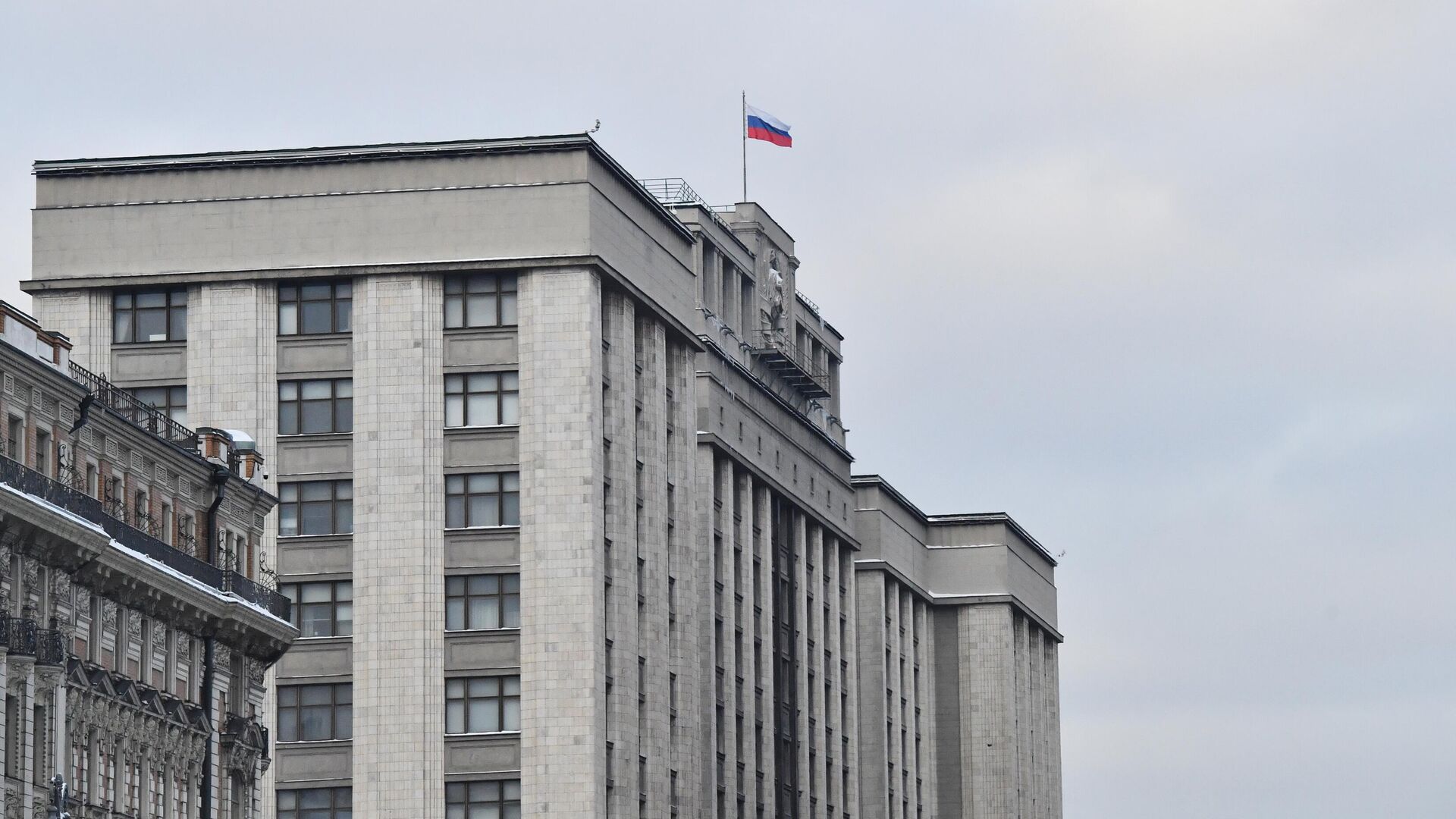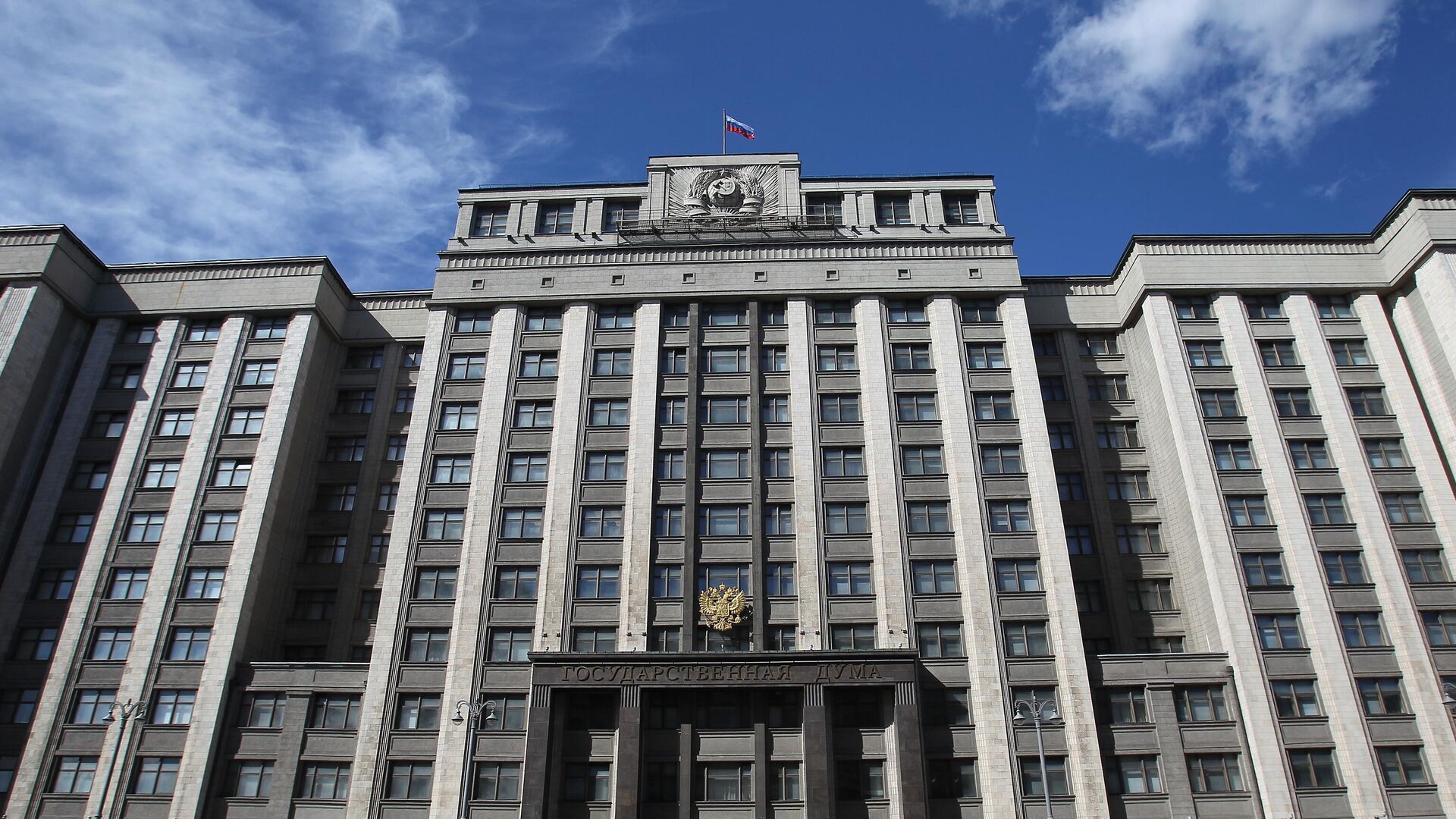Secondary vocational education should be free, Volodin is sure
Secondary vocational education should be free, Volodin is sure – RIA Novosti, 11/27/2024
Secondary vocational education should be free, Volodin is sure
Secondary vocational education should be free, says State Duma Chairman Vyacheslav Volodin. RIA Novosti, 11/27/2024
2024-11-27T00:59
2024-11-27T00:59
2024-11-27T00:59
society
Vyacheslav Volodin
Dmitry Chernyshenko
State Duma of the Russian Federation
https://cdnn21.img.ria.ru/images/07e5/01/13/1593665688_0:0:2909:1636_1920x0_80_0_0_e256863d1c9d351af54e4b18b03a5d54.jpg
MOSCOW, November 27 – RIA Novosti. Secondary vocational education should be free, says State Duma Chairman Vyacheslav Volodin. At the Government Hour in the State Duma, which will be held on Wednesday, issues of secondary vocational education in Russia, including the high level of commercialization of such institutions, will be discussed. “We will insist that secondary vocational education be free,” Volodin told reporters. He noted that the Minister of Labor, the Deputy Minister of Economic Development, the head of the Ministry of Education will speak at the meeting, deputies will be able to ask their questions, and representatives of the Duma specialized committees and Deputy Prime Minister Dmitry Chernyshenko will also state their position. According to Volodin, the topics of high commercialization of secondary technical education will be touched upon, since there are regions where the number of such paid educational organizations is more than 50%. In his opinion, it is also necessary to decide whether students who are going to receive secondary vocational education need to take the OGE. “Why take the OGE if the student plans to continue to receive secondary vocational education. We have a shortage of workers in working specialties. We must provide them with the opportunity to get a profession for free,” says the Chairman of the State Duma.
https://ria.ru/20240730/gosduma-1962947665.html
https://ria.ru/20241120/nastavniki-1984801896.html
RIA Novosti
7 495 645-6601
FSUE MIA “Russia Today”
2024
Daria Buimova
Daria Buimova
ru-RU
https://ria.ru/docs/about/copyright.html
https://xn--c1acbl2abdlkab1og.xn--p1ai/
RIA Novosti
7 495 645-6601
FSUE MIA “Russia Today”
https://cdnn21.img.ria.ru/images/07e5/01/13/1593665688_78:0:2807:2047_1920x0_80_0_0_ddc0e9be90f9e56c9d20f9cc26585ca9.jpg
RIA Novosti
7 495 645-6601
FSUE MIA “Russia Today”
Daria Buimova
society, Russia, Vyacheslav Volodin, Dmitry Chernyshenko, State Duma of the Russian Federation
Society, Russia, Vyacheslav Volodin, Dmitry Chernyshenko, State Duma of the Russian Federation
Secondary vocational education should be free, Volodin is sure
MOSCOW, November 27 – RIA Novosti. Secondary vocational education should be free, says State Duma Chairman Vyacheslav Volodin.
At the Government Hour in the State Duma, which will be held on Wednesday, issues of secondary vocational education in Russia, including the high level of commercialization of such institutions, will be discussed.  The State Duma adopted a law to reduce the bureaucratic burden on university teachers. “We will insist that secondary vocational education be free,” he told reporters Volodin. He noted that the Minister of Labor, the Deputy Minister of Economic Development, the head of the Ministry of Education will speak at the meeting, deputies will be able to ask their questions, and representatives of the Duma specialized committees and Deputy Prime Minister Dmitry Chernyshenko will also state their position.
The State Duma adopted a law to reduce the bureaucratic burden on university teachers. “We will insist that secondary vocational education be free,” he told reporters Volodin. He noted that the Minister of Labor, the Deputy Minister of Economic Development, the head of the Ministry of Education will speak at the meeting, deputies will be able to ask their questions, and representatives of the Duma specialized committees and Deputy Prime Minister Dmitry Chernyshenko will also state their position.
According to Volodin, the topics of high commercialization of secondary technical education will be touched upon, since there are regions where the number of such paid educational organizations is more than 50%.
In his opinion, it is also necessary to decide whether students who are going to receive secondary vocational education need to take the OGE.
“Why take the OGE if the student plans to continue to receive secondary vocational education. We have a shortage of workers in working specialties. We must provide them with the opportunity to get a profession for free,” says the Chairman of the State Duma.
 The State Duma proposed assigning mentors to talented youth
The State Duma proposed assigning mentors to talented youth
* What potential consequences could arise from making secondary vocational education universally free, especially regarding student motivation and the perceived value of vocational skills?
## Open-Ended Questions for Discussion:
This article presents a strong opinion from Vyacheslav Volodin regarding the future of secondary vocational education in Russia. Here are some open-ended questions to stimulate discussion around the key topics:
**Accessibility and Affordability:**
* Volodin believes secondary vocational education should be free. What are the potential benefits and drawbacks of making this type of education universally free?
* How can the government balance the need for accessible education with the financial realities of maintaining educational institutions?
* The article mentions regions with over 50% paid secondary vocational institutions. What factors contribute to this high commercialization, and what are its implications for students and the workforce?
**OGE Requirement:**
* Volodin questions the necessity of the OGE exam for students pursuing secondary vocational education. Do you agree with his stance? Why or why not?
* What are the potential advantages and disadvantages of requiring the OGE for all students, regardless of their chosen educational path?
* How can the education system better prepare students for specific vocational paths without relying solely on standardized testing?
**Addressing Workforce Needs:**
* Volodin highlights the shortage of workers in working specialties. What role can secondary vocational education play in addressing this shortage?
* What strategies can be implemented to attract more students to vocational training programs and encourage them to pursue careers in skilled trades?
* How can industry and educational institutions collaborate more effectively to ensure that vocational training programs align with current and future workforce demands?
**Broader Educational Landscape:**
* How does the proposal for free secondary vocational education fit within the broader context of Russia’s educational system?
* What are the potential long-term implications of this policy on the overall quality and accessibility of education in Russia?
* How can the government ensure that all students have access to high-quality education, regardless of their chosen path (academic or vocational)?
These questions are designed to encourage critical thinking, debate, and exploration of different perspectives on the important issues raised in the article.
![[Aoyama Gakuin University] Information on the “55th Memorial Meiji-Jingu Baseball Tournament Victory Report” and “Joint Media Coverage” to be held on Friday, December 6, 2024 – 5th University in History 4 Achieved the crown! ~ | Aoyama Gakuin University [Aoyama Gakuin University] Information on the “55th Memorial Meiji-Jingu Baseball Tournament Victory Report” and “Joint Media Coverage” to be held on Friday, December 6, 2024 – 5th University in History 4 Achieved the crown! ~ | Aoyama Gakuin University](https://digitalpr.jp/simg/664/99923/715_400_202411262005036745ab5f92386.jpg)
